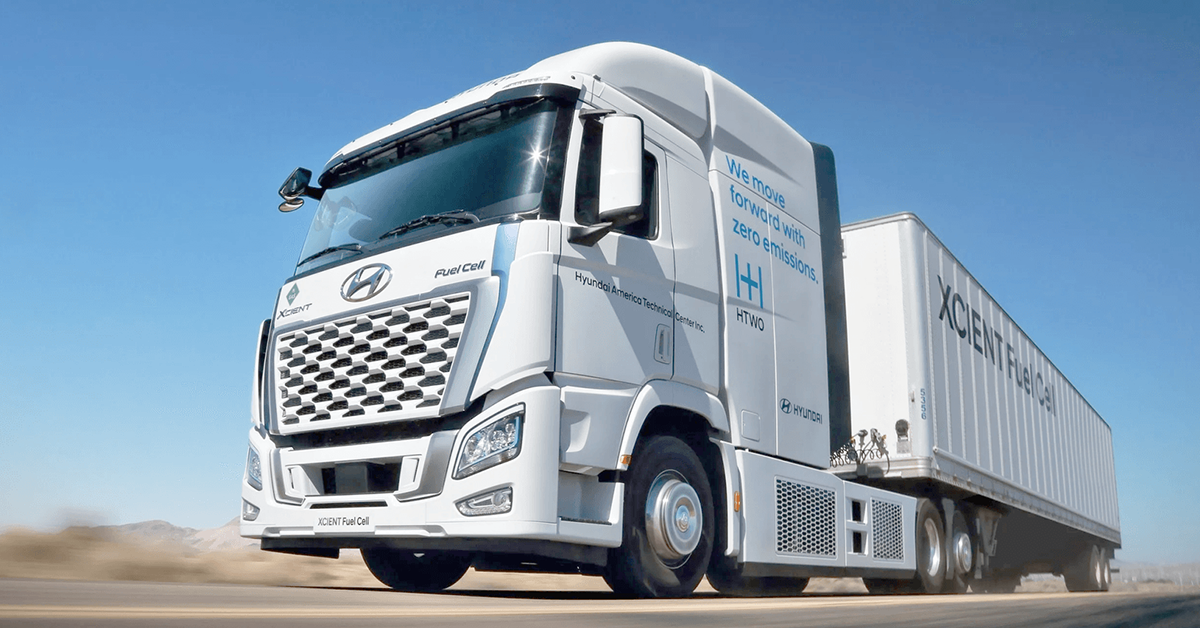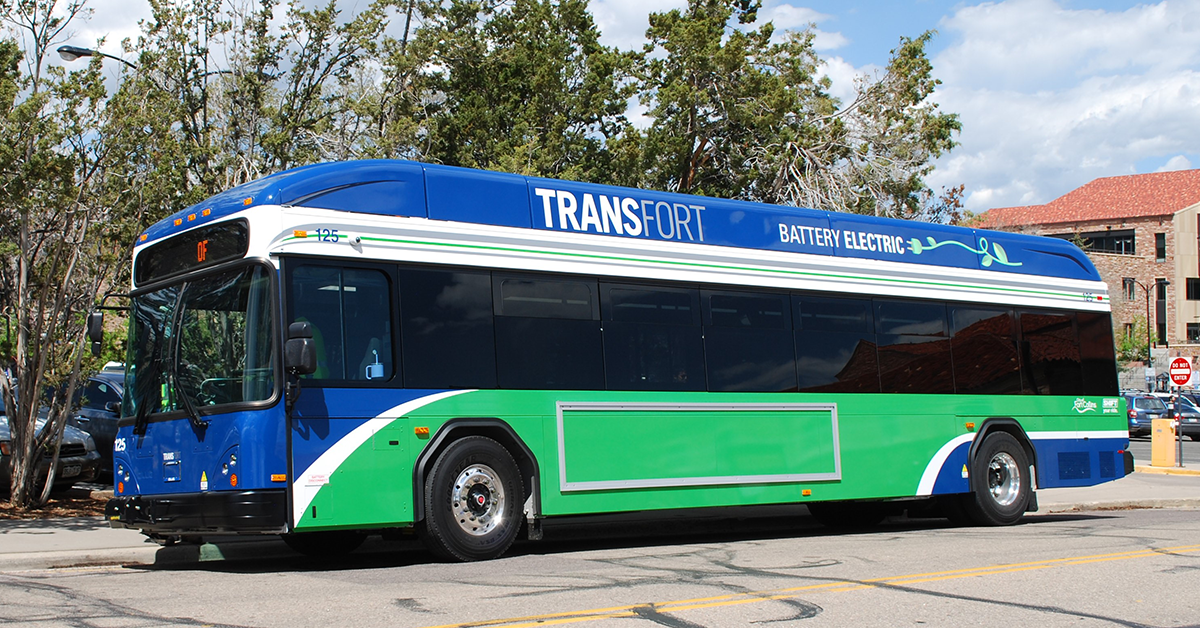
At CTE, we believe in empowering the end-user. For this reason, our team has perfected a multi-pronged consulting program to guide fleet operators to success. Because electric vehicles aren't always a drop-in replacement for their diesel and CNG counterparts, CTE created the Smart Deployment program, a data-driven project management approach that ensures project success.
As part of our Smart Deployment program, CTE conducts Performance Validation for agencies upon delivery of their new battery-electric (BEB) fuel cell electric buses (FCEB) but before the buses enter regular passenger service. CTE staff travel to the client site and inspect the new buses, conducting a variety of tests to validate that the buses achieve the levels of performance predicted by our models.
Based on the results, this validations process allows the transit agency the opportunity to make any final changes to operational plans before entering revenue service.
Performance Validation is a critical step in the BEB or FCEB Smart Deployment service as it provides the agency with an assurance that the buses will meet service requirements as expected. Validation testing also allows CTE to use the outcomes to update our bus models, resulting in more accurate simulations over time.


DELAWARE TRANSIT CORPORATION

CTE is assisting the Delaware Transit Corporation (DTC) with its deployment of eight Proterra battery-electric buses. The agency received the buses in late 2019 as part of the 2016 FTA Low and No Emissions program.
In February 2020, CTE traveled to Delaware to conduct Performance Validation testing on DTC's buses for a week. The testing measured energy efficiency, battery life, and bus performance.
A vital part of the validation process is understanding how different parameters can impact the buses' performance. Driver behavior can have a significant effect on efficiency and may have a greater impact on vehicle efficiency than passenger load. Throughout the testing, CTE staff helped DTC staff and drivers take note of unique characteristics in the buses such as kneeling, which was minimal, and the auto-adjusting bus suspension feature during driving. In turn, CTE ensured that drivers were aware of essential characteristics relevant to the driving experience.

Further, buses' published battery storage capacity can vary from their real-life capacity and performance. In general, the projected average range for a battery-electric bus is about 130 miles and the expected average time endurance is about 8.5 hours. However, there is one parameter that impacts bus performance the most - weather. Temperature still has the most significant effect on the range, endurance, and efficiency of a zero-emission bus. With cold winters and hot summers, DTC's buses need to perform reliably and consistently in all seasons. CTE worked to ensure that the buses performed as expected in cold weather conditions.
While advanced, clean transportation technologies provide a safe, viable alternative to traditional diesel-powered buses, there is a learning curve for transit agencies. CTE mitigates risk during this paradigm shift with our Smart Deployment Program. Performance Validation testing is a critical part of our program and ensures zero-emission technologies meet the unique needs of the communities we serve.







